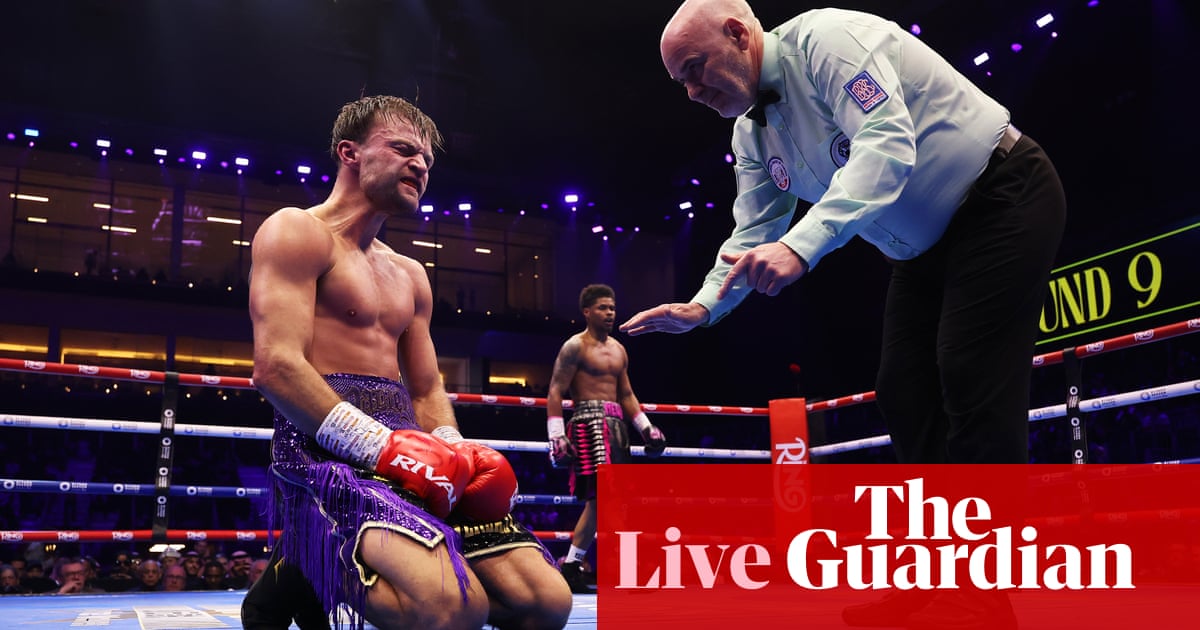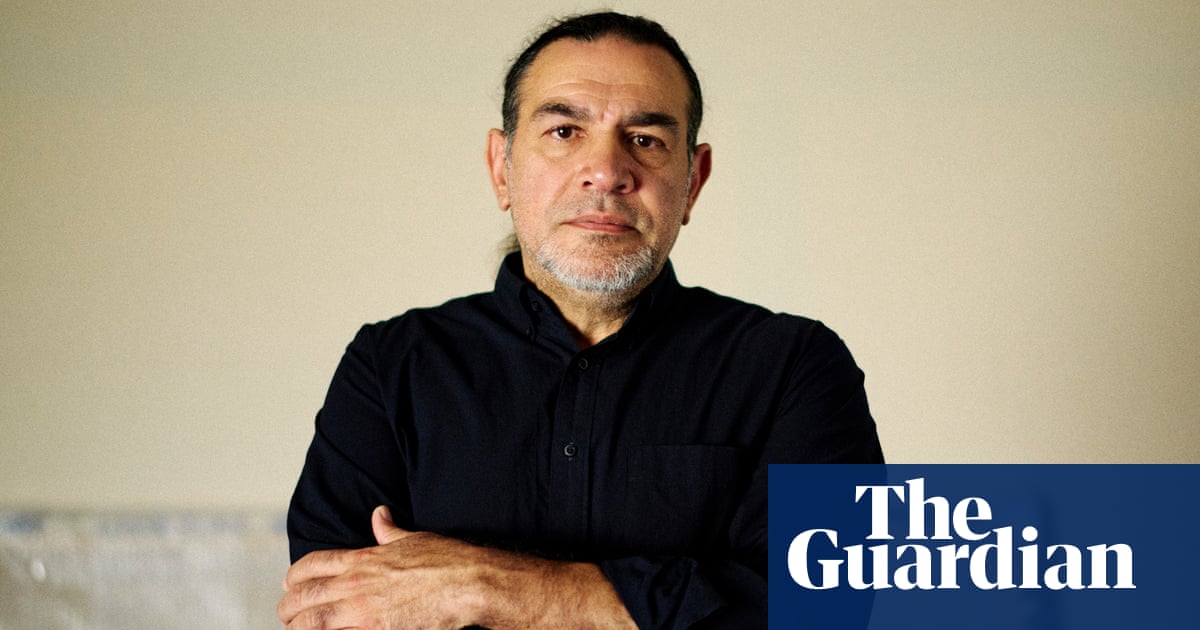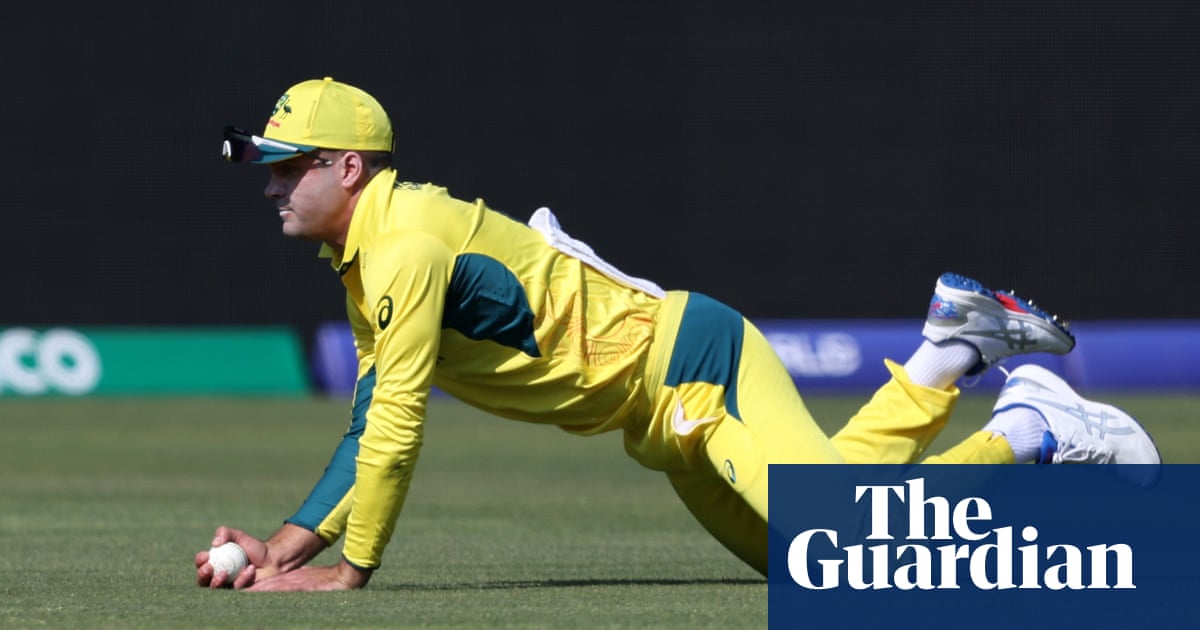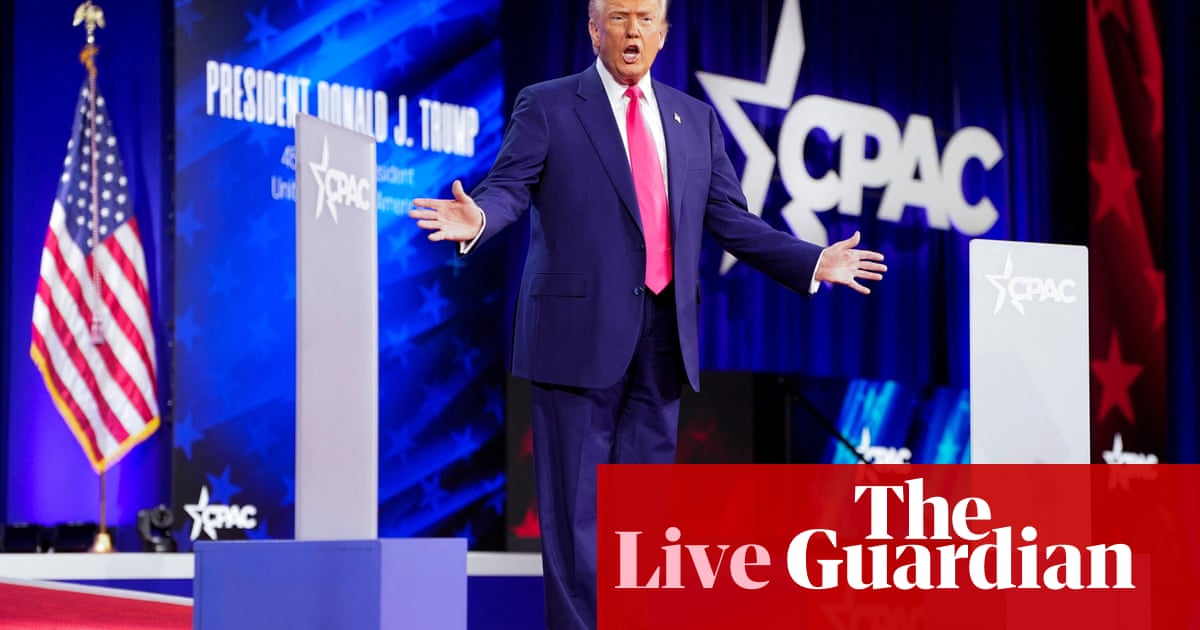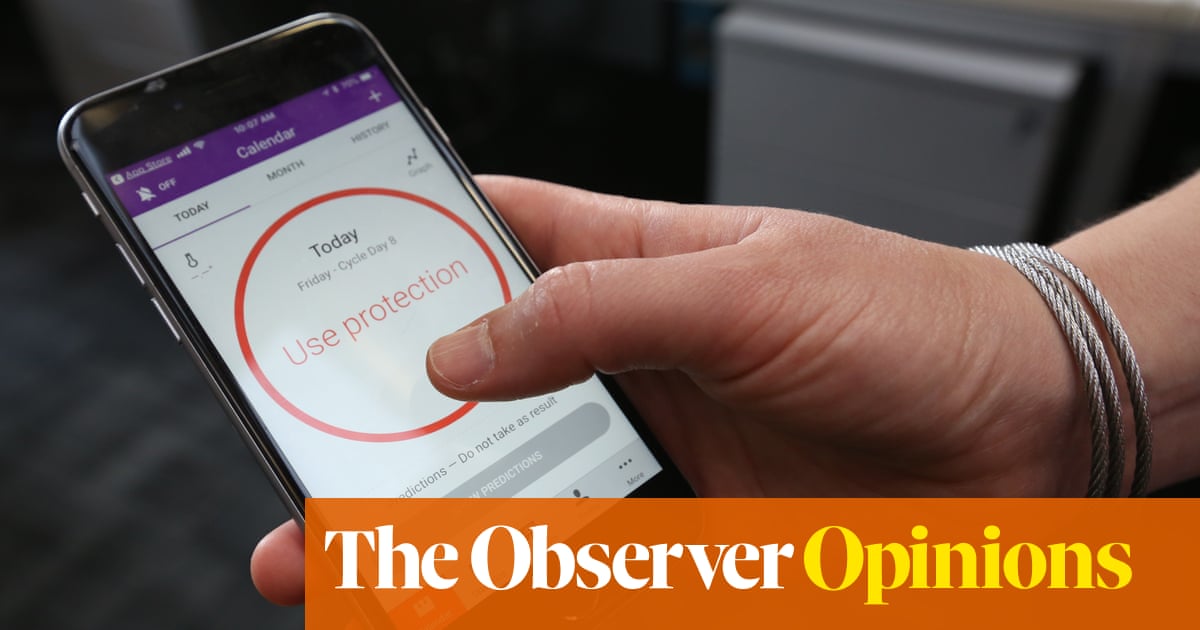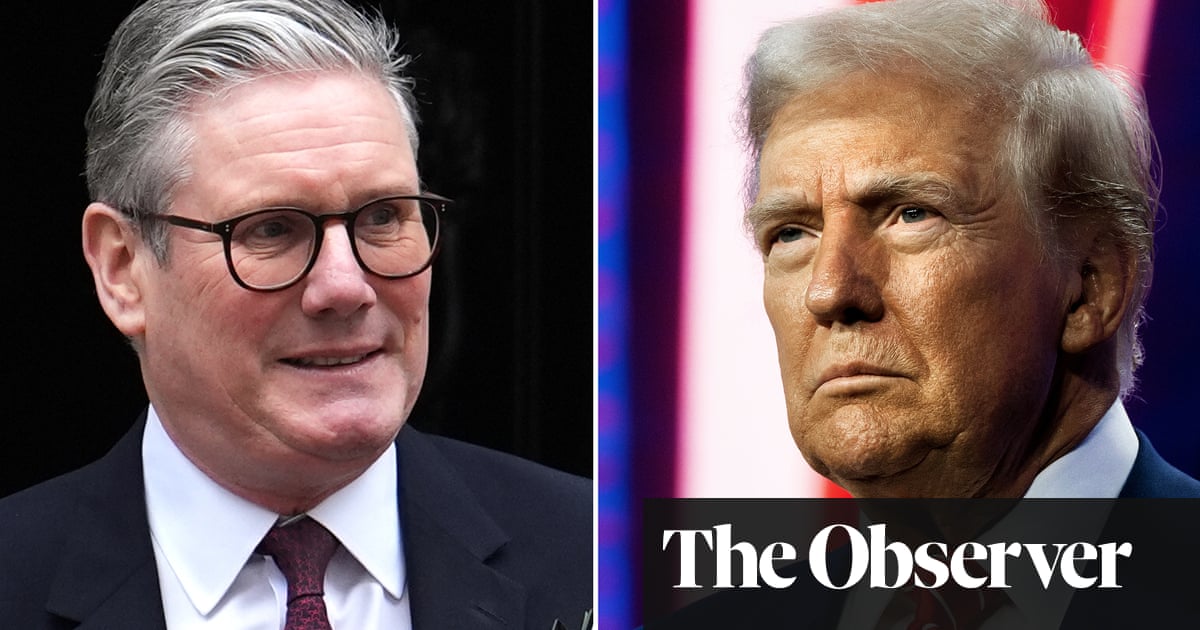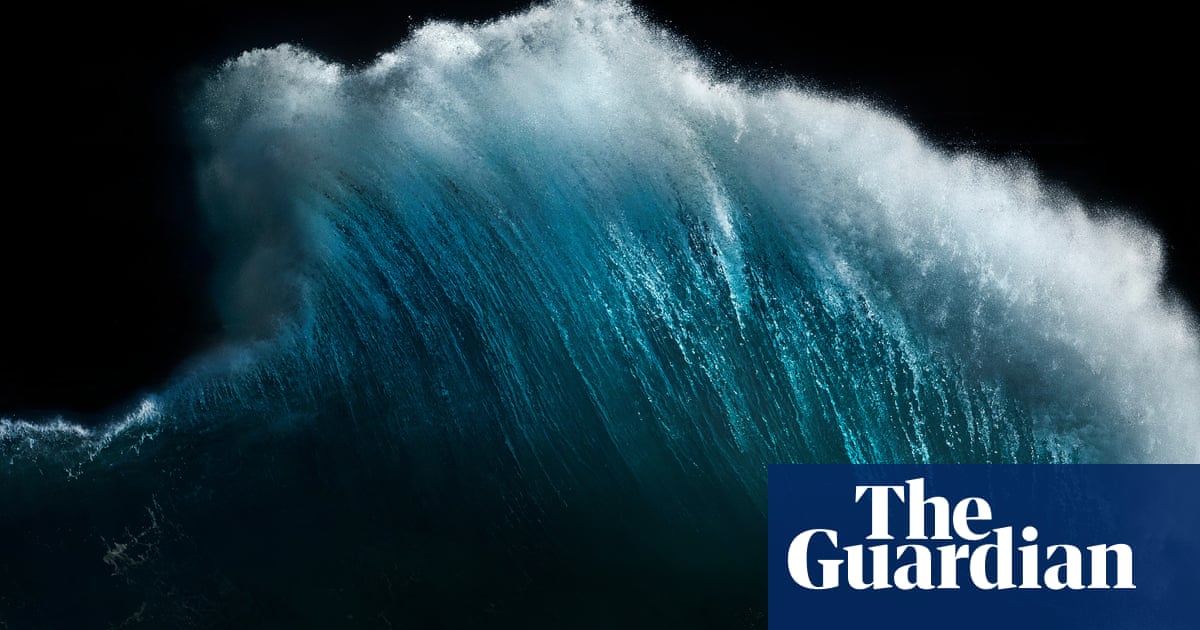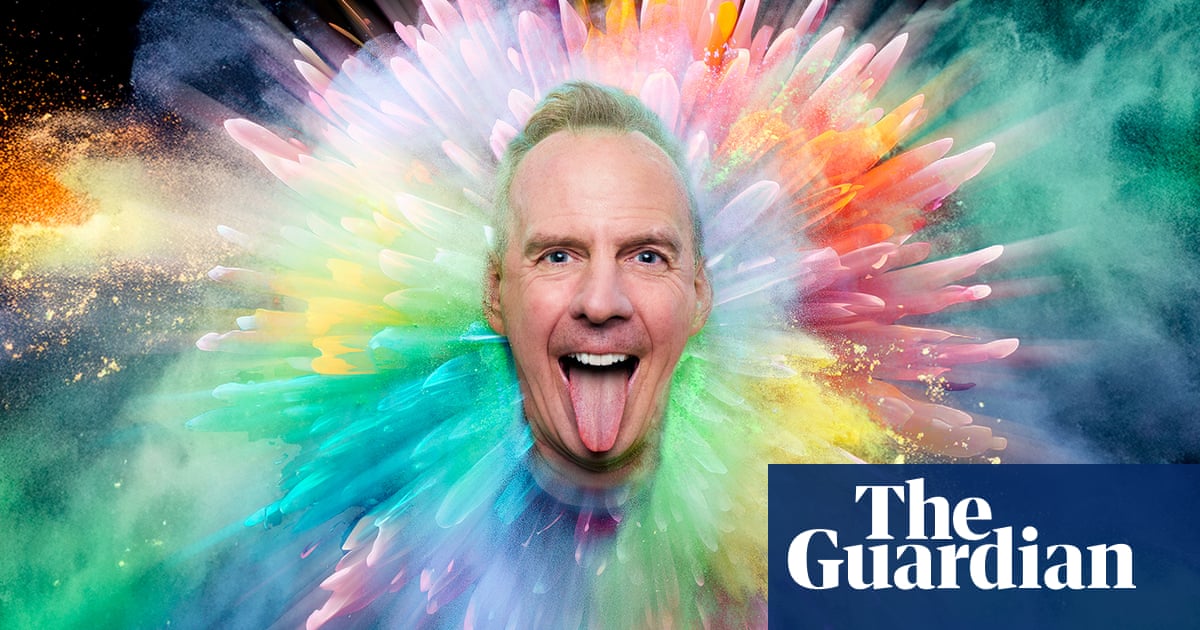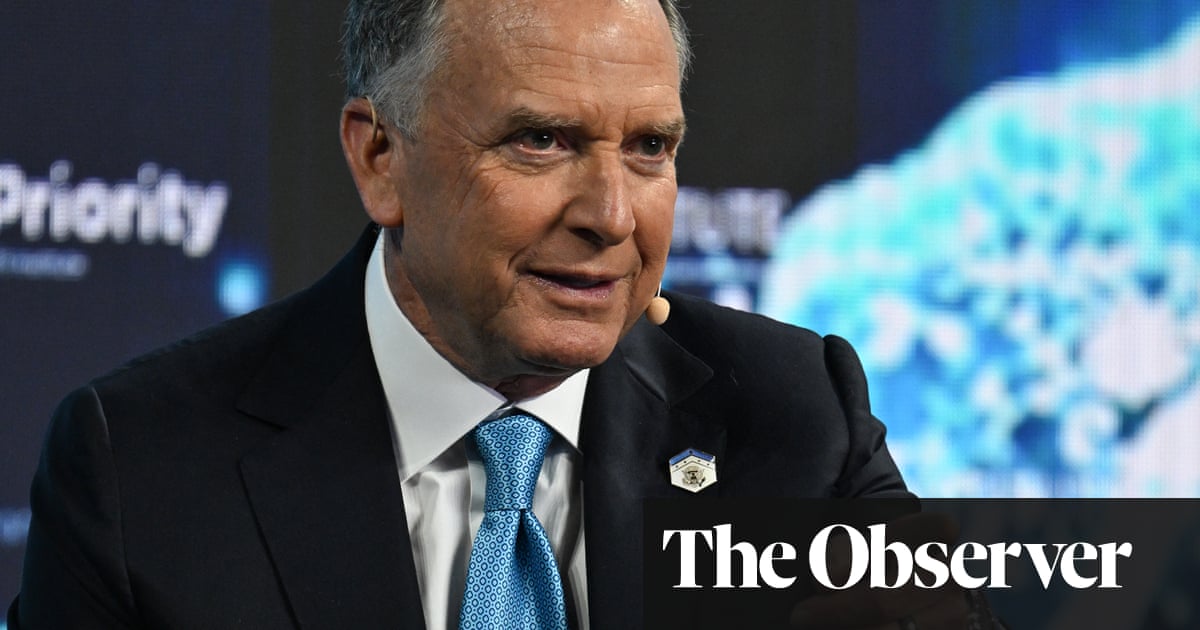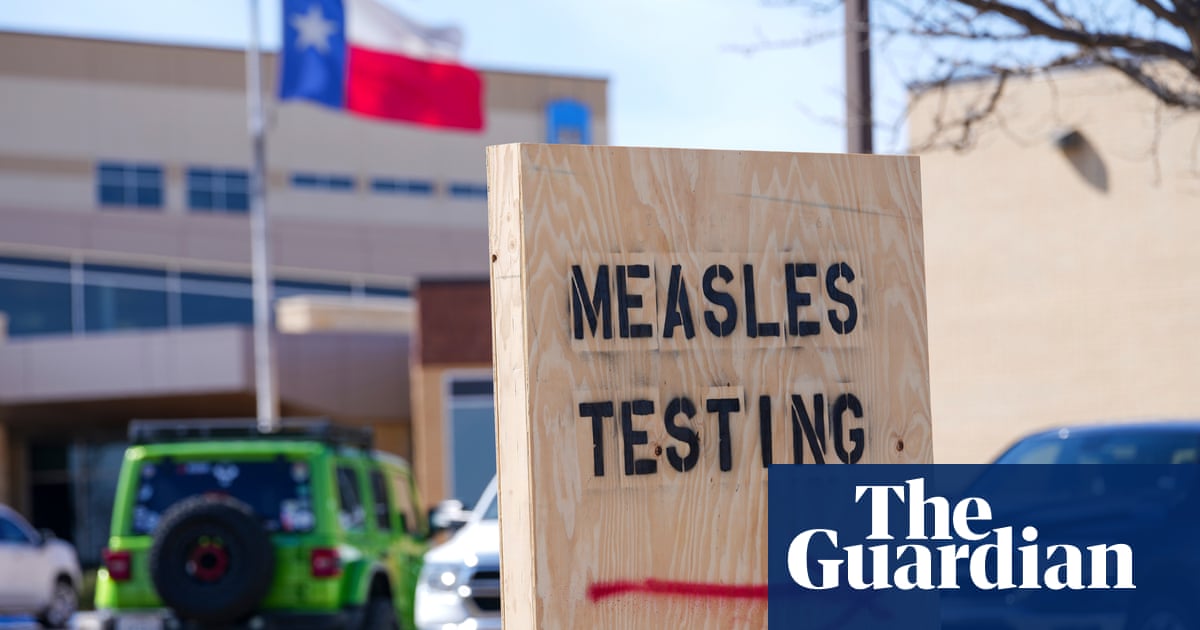Angela Merkel’s first mistake with Donald Trump, she says in her keenly awaited new memoir, was treating him as if he were “completely normal”, but she quickly learned of his “emotional” nature and soft spot for authoritarians and tyrants.
In extracts from her more than 700-page tome, Freedom, published in the German weekly Die Zeit, the former German chancellor says she initially misread her encounter with a tetchy Trump during their first meeting in 2017 in the Oval Office, where he attempted to humiliate her by refusing to shake her hand before the cameras.
“Instead of stoically bearing it, I whispered to him that we should shake hands again,” she writes. “As soon as the words left my mouth, I shook my head at myself. How could I forget that Trump knew precisely what he was doing … He wanted to give people something to talk about with his behaviour, while I had acted as though I were having a conversation with someone completely normal.”
The book, which Merkel has been working on since she left office in 2021, has been kept under close wraps ahead of its publication date next Tuesday. It covers her upbringing in communist East Germany, her unlikely rise within the centre-right Christian Democratic Union and her 16 years in power in which she became known as the queen of Europe and “leader of the free world” – a label once used exclusively for US presidents.
Now unbound by diplomatic niceties, Merkel sizes up Trump as “emotional” and driven by both grievance and neediness, in contrast to her “factual” approach.
“It seemed that his main aim was to make the person he was talking to feel guilty … At the same time I had the impression … that he also wanted the person he was talking with to like him.”
Rather than trying to build bridges with traditional allies, Merkel writes, “Trump was apparently fascinated with the Russian president” and notes that “politicians with autocratic and dictatorial traits had him in their thrall”.
A deflated Merkel concluded on the flight home after their first talks that Trump “looked at everything like the real estate developer he was before he entered politics”: as a zero-sum game. “For him, all countries were rivals in which the success of one meant the failure of another. He didn’t think that prosperity could be increased for all through cooperation.”
Only weeks later, Trump informed her the US would leave the Paris climate accord – a crushing setback on which she sought the advice of Pope Francis.
“Without naming names, I asked him how he would approach fundamentally opposed opinions within a group of important personalities,” she writes. “He understood immediately and said simply: ‘Bend, bend, bend, but make sure it doesn’t break.’ I like this image.”
The contentious relationship with Merkel seems to have haunted Trump, who was still speaking about her on the campaign trail three years after she left office. “They [the Germans] didn’t love me because I said you gotta pay,” he told a rally in Pennsylvania this month, apparently referring to defence spending within Nato. “I said to Angela. Angela, you haven’t paid.”
Merkel noted that Trump had already targeted her and Germany in his successful 2016 campaign, with the US president claiming that her welcoming in of more than 1 million refugees in 2015 and 2016 had “ruined” the country and accusing Berlin of unfair trade policies and free-riding on US military investment.
In what she admits will be a belated endorsement, written before this month’s US election, Merkel declares: “I wish with all my heart that Kamala Harris … defeats her competitor and becomes president.”
History also had other plans for Vladimir Putin, another figure still shaping the world in her absence. Although Merkel, a fluent Russian speaker, finds him to be manipulative and vindictive, she concedes the Russian president had a few valid arguments in his notorious anti-western diatribe at the 2007 Munich security conference.
“There were some points that I did not regard as completely absurd. As we know, there was never any evidence of chemical weapons in Iraq,” she said, referring to the US justification for regime change.
after newsletter promotion
“I too had criticised the fact that there had been no progress on updating the treaty on conventional armed forces in Europe (CFE)”, which “should have been adapted after the dissolution of the Warsaw Pact, the collapse of the Soviet Union and the accession of eastern European countries to Nato”.
Merkel chides eastern European leaders in particular for in her view pretending that their giant neighbour could simply be sidelined. “You could find all of this childish and reprehensible, you could shake your head. But it wouldn’t make Russia disappear from the map.”
Merkel indicates that Putin’s fear Kyiv could join Nato after she left office had helped pave the way for his full-scale invasion of Ukraine in 2022.
Without specifying when he made the comments, Merkel said Putin had told her: “You won’t be chancellor for ever. And then they’ll be a Nato member. And I want to prevent that.”
Merkel left office still popular with a majority of Germans but her legacy has been tarnished by accusations that she failed to face up to Moscow’s aggressive intentions against Ukraine while making her own country too reliant on Russian gas. Critics also apportion blame for the rise of the far-right Alternative für Deutschland party to Merkel’s liberal asylum policy a decade ago.
She has largely remained out of the spotlight since stepping down as chancellor but will be making a series of appearances in Germany and abroad in the coming weeks to promote the book.

 3 months ago
52
3 months ago
52
